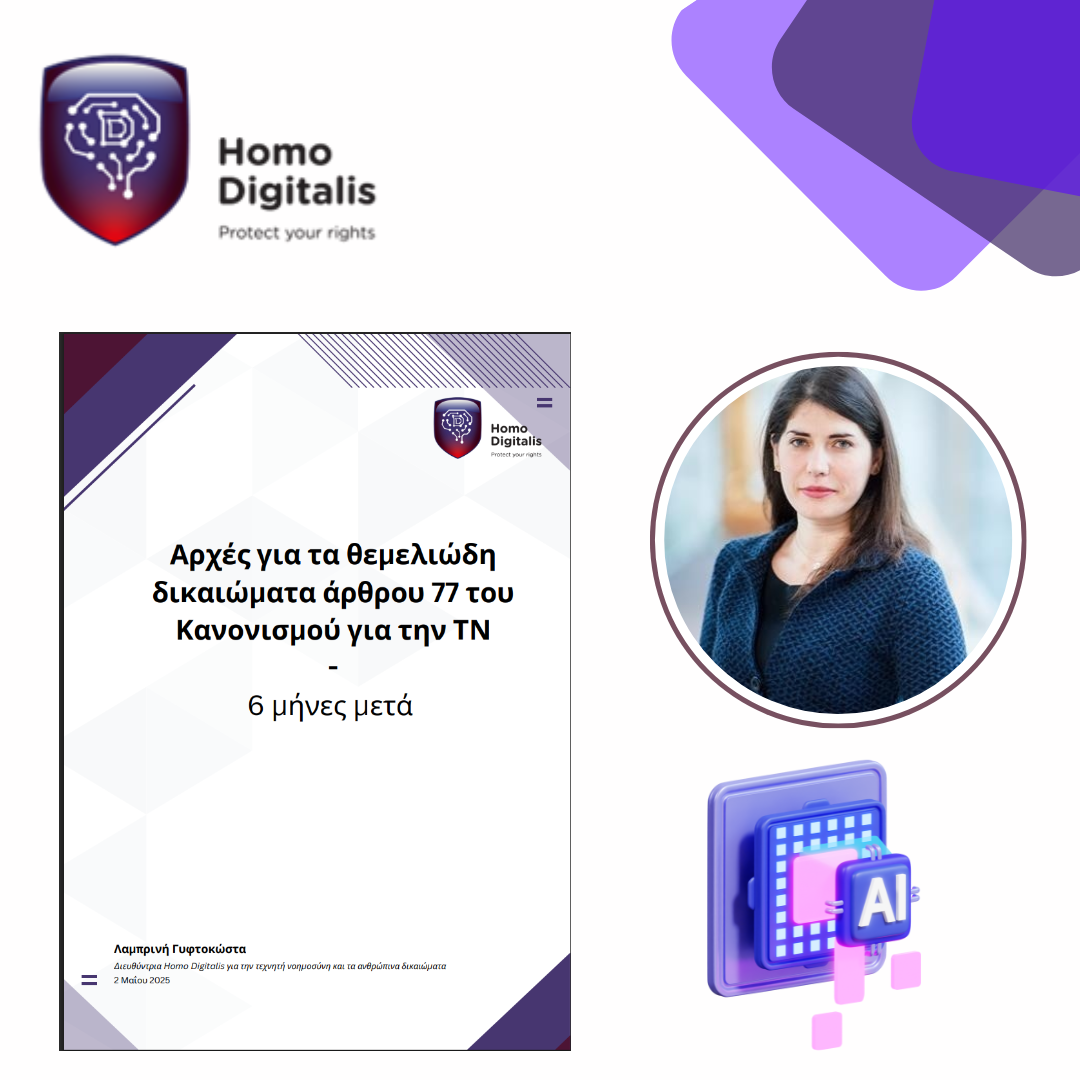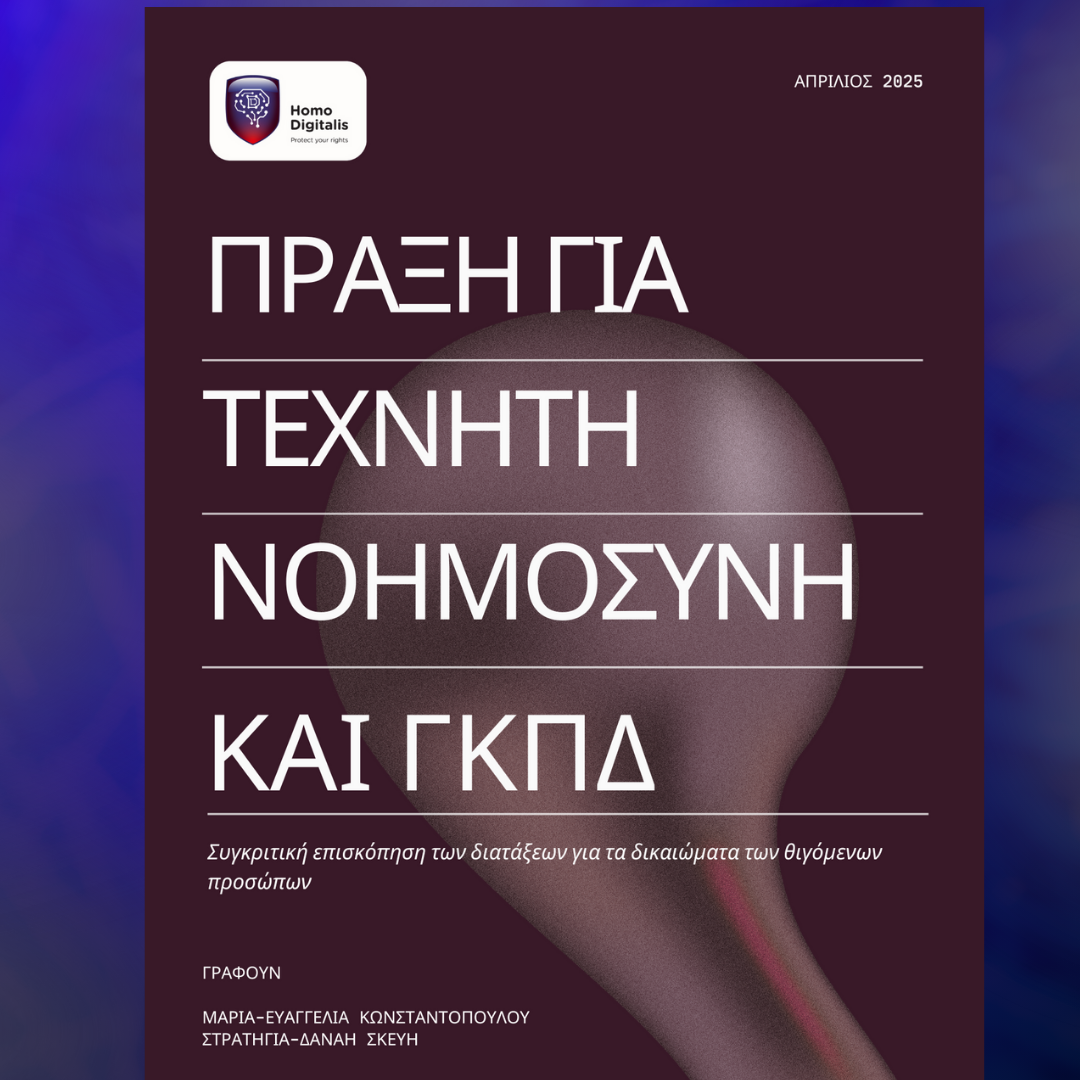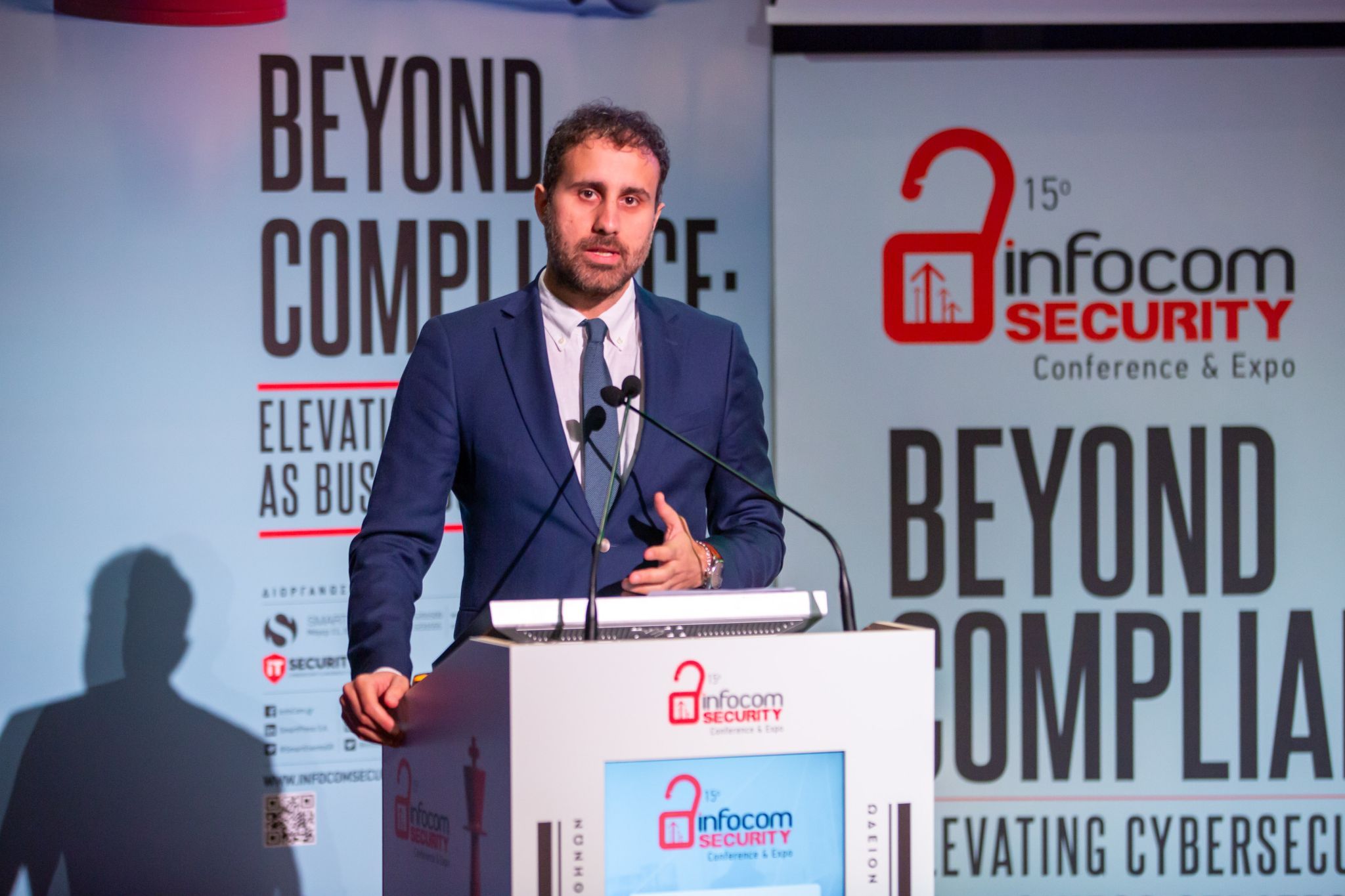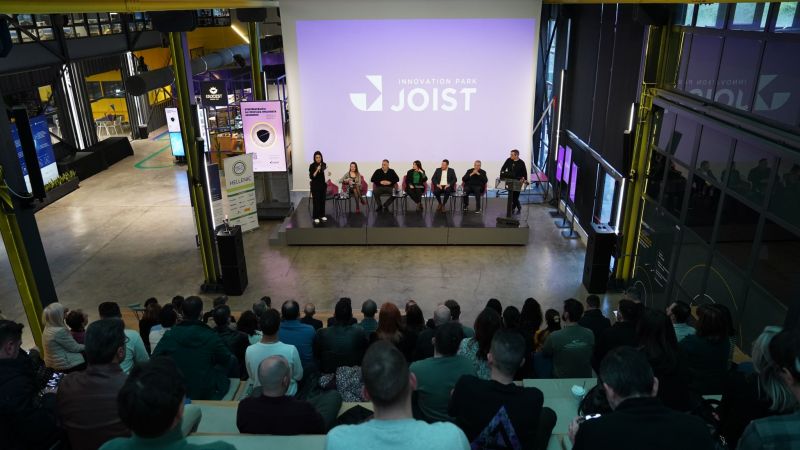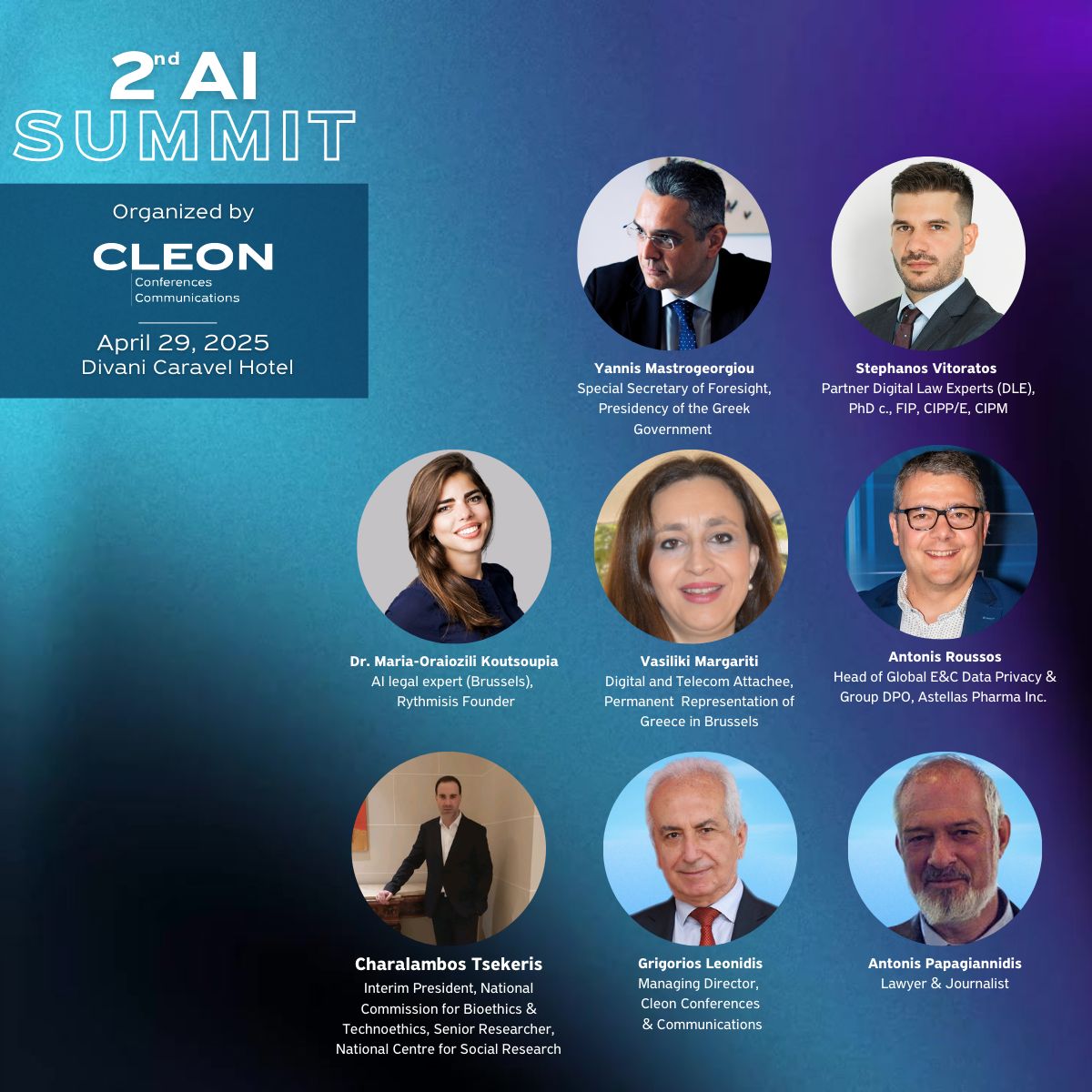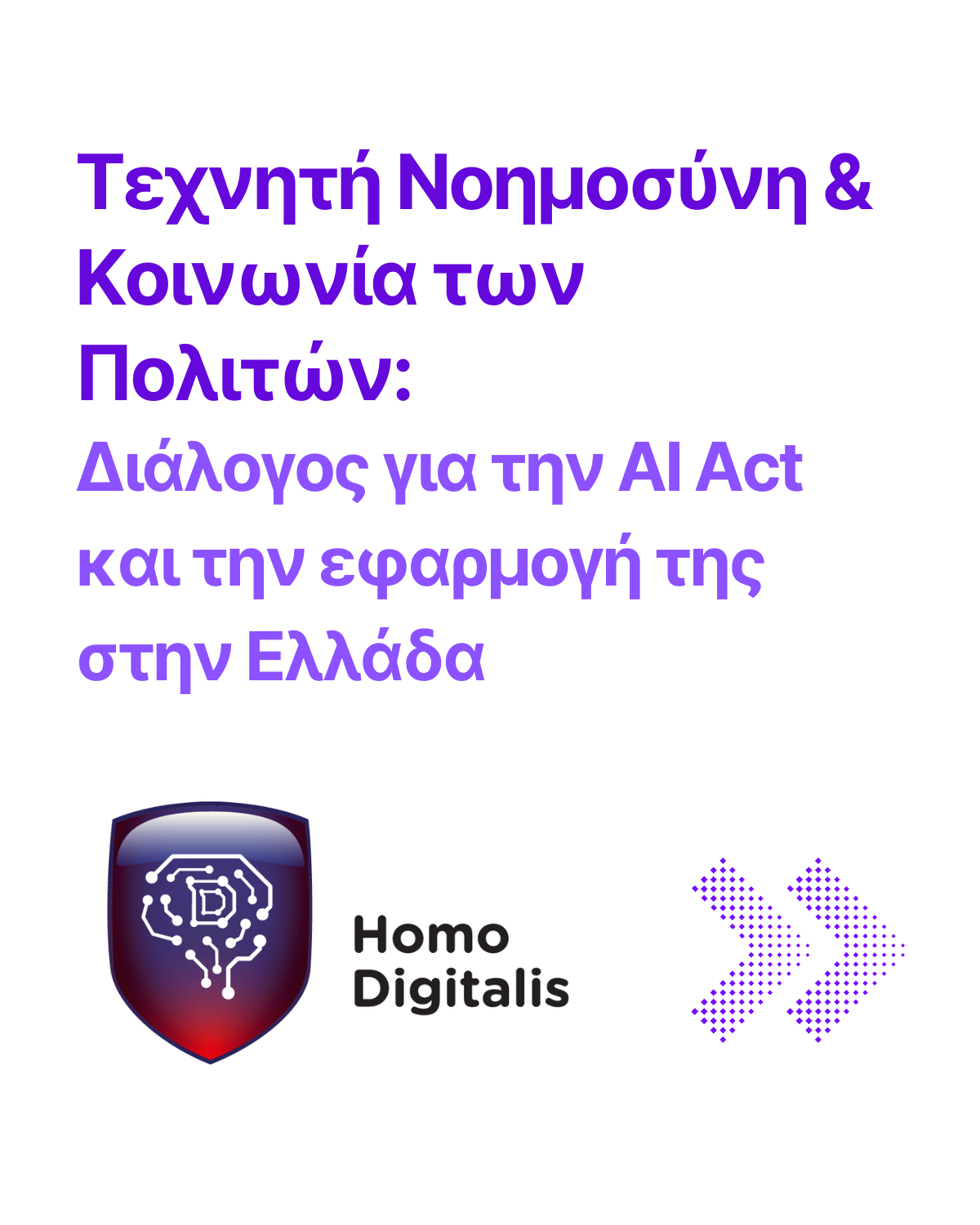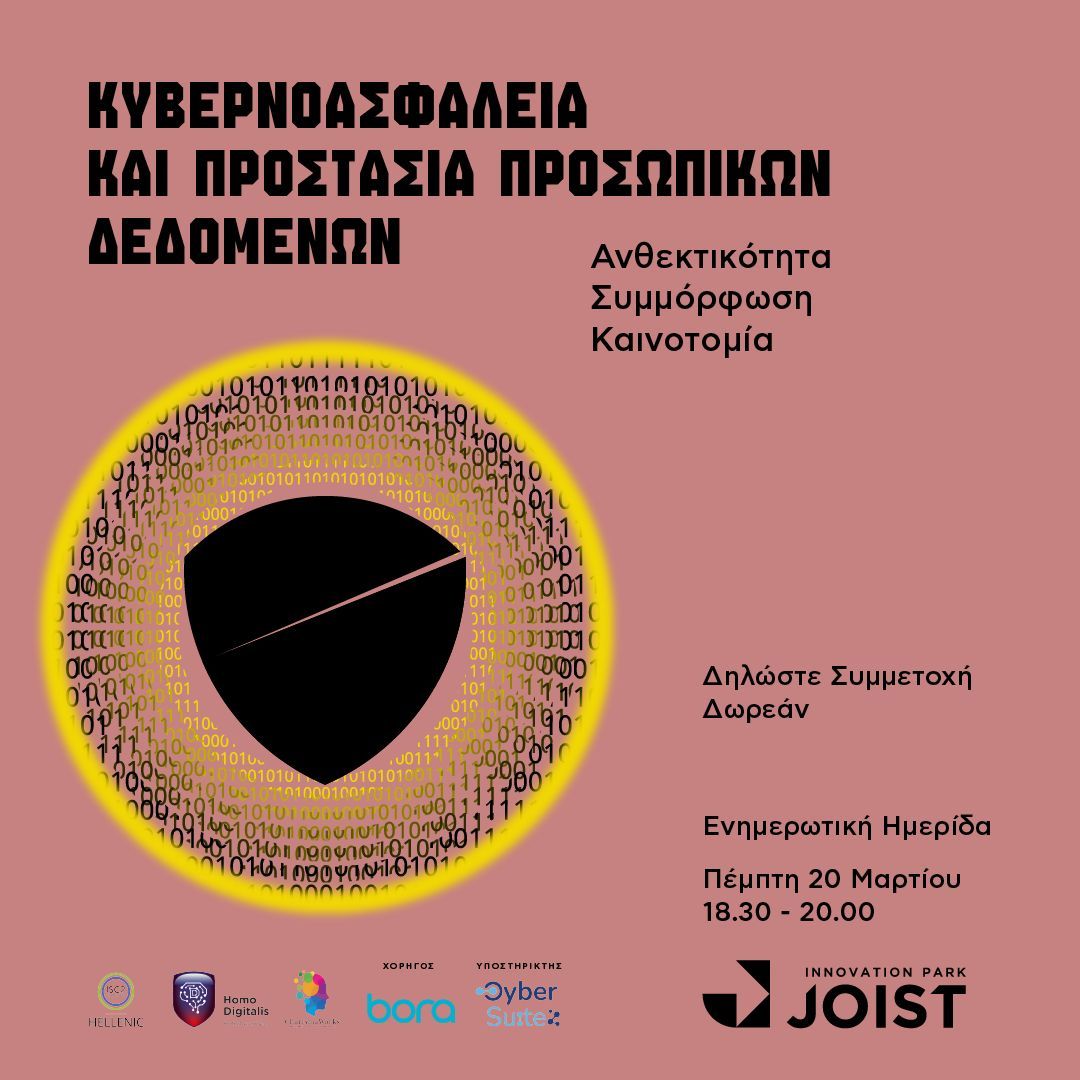Article 77 of the AI Act: 6 months after the designation of the Fundamental Rights Authorities
On the first official deadline set by the Artificial Intelligence Regulation (AI Act), it required member states to appoint one or more authorities in accordance with Article 77 for the protection of fundamental rights by November 2, 2024.
Today, May 2, 2025 — six months after the deadline — 25 out of the 27 European countries have appointed a total of 210 authorities, a number that seems staggering and at the same time sends a strong message about how seriously these countries take the issue of fundamental rights. But does it reflect reality?
With this brief study, we aim to provide answers to the following questions:
What is the purpose of Article 77 of the AI Regulation?
Which authorities have been appointed by the member states to date?
What powers does the AI Regulation actually grant to these regulatory authorities, and what obligations arise from Article 78 of the AI Regulation regarding the confidentiality of information?
Who are the four national authorities that have taken on this role, what are their existing and new powers under the AI Regulation?
Through a case study, our Director on Fundamental Rights and AI, Lamprini Gyftokosta, attempts to explore how these authorities will cooperate, while also raising some questions that will undoubtedly concern us over time.
You can read our study here (EL).
We publish our 4th Study on the AI ACT – Comparative overview of the provisions on the rights of affected individuals
Today, April 11, 2025, Homo Digitalis publishes its fourth study on the provisions of Regulation 2024/1689 on Artificial Intelligence (AI), widely known as the AI Act.
This study focuses on the right to explanation and the right of individuals not to be subject to automated decision-making.
Specifically, the use of artificial intelligence systems for making automated decisions is continuously expanding in both the public and private sectors, with significant impacts on the individuals subjected to them.
Therefore, this study examines the legal remedies available to individuals affected by decisions made through the use of AI. The analysis focuses on the right to an explanation of individual decision-making as provided in Article 86 of Regulation 2024/1689. However, since the protection of affected individuals is not limited solely to these provisions, the analysis extends to the right to contest individual decision-making, which—under appropriate interpretation—is based on Article 22 of Regulation 2016/679, known as the GDPR.
The study’s authors are two distinguished legal professionals and volunteer members of Homo Digitalis: Maria-Evangelia Konstantopoulou and Stratygia-Danai Skevi (listed alphabetically).
You can read our 4th study here.
We remind you that we have published three previous studies on Regulation 2024/1689 and its transposition into the Greek legal order: in October (impact assessment on fundamental rights), November (AI governance and competent supervisory authorities), and December (prohibited practices) of 2024, respectively.
This intensive effort aims to contribute constructively to the public dialogue in Greece and at the EU level in the field of artificial intelligence, and it is the result of significant support from the European Artificial Intelligence & Society Fund.
Successful Awareness-Raising Activities in Larissa during February – March
A series of important awareness-raising activities were successfully carried out in Larissa during the February–March period. Our member, Tasos Arampatzis, represented Homo Digitalis with great success by voluntarily leading several awareness and educational initiatives in the region.
In particular, in collaboration with Frosso Ktistaki — PhD holder and piano professor — they delivered an educational presentation on the theme Cybersecurity, Music, and Human Emotions. Within this context, they discussed the human factor in cybersecurity, the impact of personal data breaches, and how music can serve as a helpful tool. The event took place at Pyrgetos High School on February 24.
Additionally, at the end of March, Tasos represented Homo Digitalis in presentations to 5th and 6th grade students of two co-located primary schools in Larissa — the 15th and 43rd Primary Schools. The topic of the presentations was cyberbullying.
Homo Digitalis' Speech at the 15th InfoCom Security Conference 2025 Concluded Successfully
The 15th InfoCom Security Conference 2025 was successfully completed, with Homo Digitalis once again offering its patronage to the event!
Our Board of Directors was represented by Konstantinos Kakavoulis, who also delivered the opening address on the second day of the conference.
We warmly thank the organizing team (SmartPress S.A., Vasilis Amanatidis, IT Security Pro) for the excellent collaboration throughout the event.
Homo Digitalis co-organized and participated in the event "Cybersecurity and Data Protection: Resilience, Compliance, Innovation" at JOIST
Two weeks ago, Homo Digitalis co-organized and participated in the event “Cybersecurity and Data Protection: Resilience, Compliance, Innovation” at JOIST Innovation Park, in Larissa, Greece.
Our Director on Human Rights & AI, Lamprini Gyftokosta represented us there, while our member Anastasios Arampatzis representing Bora – Cybersecurity Marketing moderated the discussion!
With a focus on raising awareness among SMEs and entrepreneurs on data protection and cybersecurity, our panel brought together key experts to explore security, compliance, and innovation, ensuring a privacy preserving digital future.
The list of our esteemed co-panelists included:
-Michail Bletsas Governor, National Cybersecurity Authority
-Panagiotis Soulos – ISC2 Hellenic Chapter, Audit Committee Member, Information Security GRC Senior Manager, STEELMET Corporate Services
-Yiannis Koukoùras – ISC2 Hellenic Chapter Member, Managing Director, TwelveSec
-Karina Iskandarova – Founder, CharismaWorks
A huge thank you to JOIST’s team and the rest of co-organizers, speakers, and participants for this wonderful evening.
We Sponsor and Speak at the 15th InfoCom Security 2025!
We are excited to announce that Homo Digitalis is once again offering its sponsorship to the 15th InfoCom Security 2025! This special anniversary edition will take place on April 2 & 3 at the Athens Conservatory.
Our Board Member, Konstantinos Kakavoulis, will proudly represent us at the event and deliver the opening keynote speech on the second day of the conference!
Registrations are open and free!
You can secure your spot and explore the full two-day agenda here.
A huge thank you to the organizing team (SmartPress S.A., IT Security Pro) for the excellent collaboration in making this event possible!
Registration for the 2nd AI Summit of Cleon Conferences, under the auspices of Homo Digitalis, is now open
CLEON Conferences & Communications is organizing the 2nd AI SUMMIT under the auspices of the Ministry of Digital Governance, SEKEE, ISACA, Homo Digitalis, and Rythmisis.
The conference will be moderated by lawyer and journalist Antonis Papagiannidis, while a speech will also be given by Stefanos Vitoratos, co-founder of Homo Digitalis and lawyer.
The conference will take place on Tuesday, April 29, at the Divani Caravel Hotel in Athens.
Don’t miss the opportunity to stay informed about the latest developments and trends in AI!
You can register here.
Homo Digitalis Event on the AI Act and opportunities for synergies for Civil Society Organizations
On Thursday, February 27, Homo Digitalis organized the first-ever workshop on the AI Act for Civil Society Organizations in Greece at its offices in ViOS Coworking Space!
More than 20 organizations participated, coming from diverse backgrounds but sharing a common interest: collaborating on the challenges and opportunities arising from the AI Act.
Event Highlights
During the event, we presented our three thematic studies on the AI Act:
-Fundamental Rights Impact Assessments (FRIAs)
-Supervisory Authorities & AI Governance Ecosystem
-Prohibited Practices
We also hosted thematic discussion groups on four key topics:
-Environment & Artificial Intelligence
-Business Practices & Algorithmic Transparency
-AI in Policing & Migration
-AI Systems, Democracy & the Information Society
A Huge Thank You!
We extend our heartfelt thanks to all the organizations that participated, bringing their energy, trust, and spirit of collaboration!
A special thanks to the Homo Digitalis team for organizing the event and presenting our studies: Sofia Antonopoulou, Niki Georgakopoulou, Lamprini Gyftokosta, Tania Skrapaliori, Eleftherios Chelioudakis, and Stavroula Chousou.
Proudly Supported by:
This event was made possible with funding from the European AI & Society Fund and European Digital Rights—we are incredibly proud of their support!
Join Us!
Want to be part of this collaborative effort? Fill out the contact form on our website!
Participating Organizations:
ActionAid Hellas, KEAN – Cell of Alternative Youth Activities, Greenpeace Greece, WWF Greece, inside story., Reporters United, Solomon, Eteron Institute, KnowledgeRights21, EKPIZO, Greek Council for Refugees, Open Lab Athens, Vouliwatch, Amnesty International – Greece, Transparency International Greece, I Have Rights., HIAS Greece, Open Technologies Organization, CopWatchGR, Hellenic League for Human Rights, omniatv, Diversity Charter Greece, Generation 2.0 for Rights, Equality and Diversity.
We are co-organizing an event on Cybersecurity and Personal Data Protection at the JOIST Innovation Park in Larissa!
On March 20, 2025, from 18:00 to 20:30, Homo Digitalis is delighted to co-organize and participate in the event “Cybersecurity and Personal Data Protection: Resilience, Compliance, Innovation” at the JOIST Innovation Park in Larissa!
The event aims to raise awareness and empower businesses of all industries and sizes so they can become resilient and innovate safely while respecting citizens’ rights.
Speakers at the event include:
Michail Bletsas, Head of the National Cybersecurity Authority
Panagiotis Soulos, Member of ISC2 Hellenic Chapter, Information Security GRC Senior Manager at STEELMET Corporate Services
Lamprini Gyftokosta, Director of Human Rights & Artificial Intelligence at Homo Digitalis
Giannis Koukouras, Member of ISC2 Hellenic Chapter, Managing Director at TwelveSec
Karina Iskandarova, Founder of CharismaWorks
The event will be moderated by Anastassios Arabatzis from Bora – Cybersecurity Marketing and Homo Digitalis.
Register for free here.
